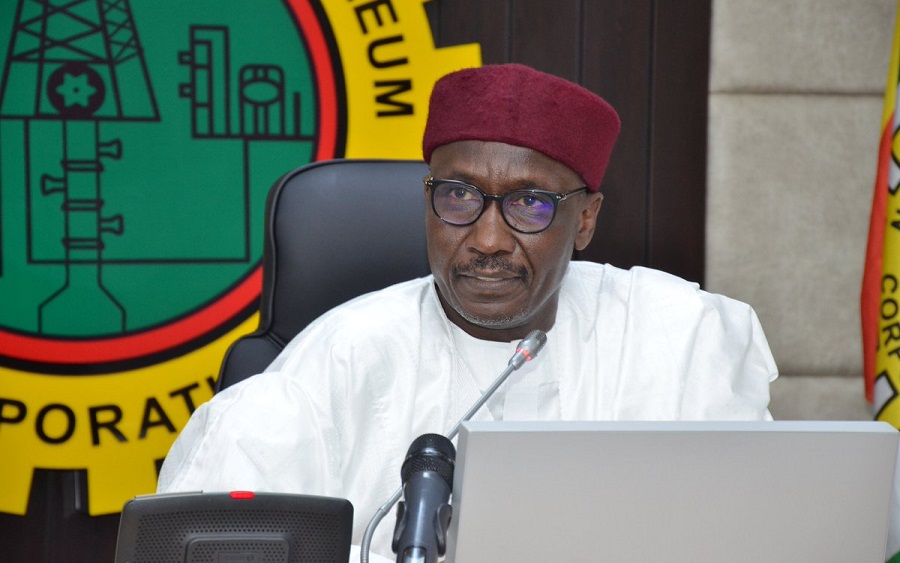RESCUING STUDENTS FROM THE UKRAINIAN INFERNO
Save a life, save the world, writes Rajendra Aneja
The reports of how the exodus of international students is being managed from Ukraine are very disturbing. The students are trying to exit the war-torn country, but are unable to do so. There is no organised agency which can move the 76,548 international students, hailing from 155 nations, from their hostels to the borders. The students hail from India, Morocco, Turkmenistan, Azerbaijan, Nigeria, China, and Turkey.
Many Indian students who made it to the borders near Poland or Romania, complained that there were made to stand in the cold for over 48 hours, without any water, food, or shelter. The temperatures were minus 5-degree Celsius. Moreover, it was snowing. Many of the students fainted. There are videos posted by the students, of guards kicking, thrashing and beating them with rifle stocks. This is bizarre and inhuman. The border forces are giving priority to Ukrainian citizens, particularly the children and women. Children and women certainly deserve priority, but the students from foreign counters who are marooned in Ukraine, also deserve a safe passage. An Indian student was killed by the shelling in Kharkiv.
Students from African countries like Kenya, Nigeria, etc., have also protested that they are being held back at the Ukraine borders. They are being made to stand in the cold for two to three days. Many of these students walked eight to 12 kilometres in the snow and biting cold to reach the border. They are dismayed and have posted poignant messages to their governments and their parents. Thousands of African students and citizens are yet waiting to cross the Ukraine borders.
A foreign student spends USD 7,000 per annum, according to the Ministry of Education, Ukraine. This aggregates to USD 542 million in revenue to Ukraine. This revenue will be endangered, due to the travails the students are undergoing currently. Most of them may never want to return, when the war ends. All these students went to study in Ukraine, after spending their parents’ hard-earned money on passages, fees, accommodation and study-materials. It is not easy to live alone in foreign countries. Learning a new language, adapting to new food habits, cultures and customs has its own challenges. Now all these youngsters, feel abandoned. Like them, their parents too, are in agony.
There is also some belief that the colour of the skin or the eyes, is determining, whether refugees can cross the borders. Observe this statement by David Sakvarelidze, Ukraine’s Deputy Chief Prosecutor, “It’s very emotional for me because I see European people with blue eyes and blonde hair being killed”. Another news agency commented, “This isn’t Iraq or Afghanistan…This is a relatively civilized, relatively European city”.
Another news source remarked, “What’s compelling is looking at them, the way they are dressed. These are prosperous, middle-class people. These are not obviously refugees trying to get away from the Middle East…or North Africa. They look like any European family that you’d live next door to.” A European agency observed, “We are in the 21st century, we are in a European city and we have cruise missile fire as though we were in Iraq or Afghanistan, can you imagine!” Another agency noted, “This time, war is wrong because the people look like us and have Instagram and Netflix accounts. It’s not in a poor, remote country anymore.”
It does not end. Observe another agency remark, “The unthinkable has happened…This is not a developing, third world nation; this is Europe!” Finally, “It’s an important question. We’re not talking here about Syrians fleeing…We’re talking about Europeans.” Observe again, “To put it bluntly, these are not refugees from Syria, these are refugees from Ukraine…They’re Christians, they’re white. They’re very similar [to us]”.
Are these plausible explanations, why non-white refugees are facing difficulties? If so, it is a very lamentable reflection on our values and the world.
Clearly, the logistics of receiving and managing the refugees needs revamping. There should be more officials at the borders in the receiving countries, to ensure that the refugees pass through seamlessly. The number of entry points and the registration centres have to be multiplied. The queues of people waiting outside the borders of Poland, Hungary and Romania, run for 20 to 30 kilometres. For instance, the line of cars at Shehyni border near Poland, stretched to 35 kilometres on 26 February. There are distressing scenes of Ukrainian refugees spending nights in small tents in temporary camps in Przemysl, on the Polish side.
The Governments of countries like India, Morocco, Turkmenistan, Azerbaijan, Kenya, Nigeria, etc., should establish communication with the Governments of Russia and Ukraine to permit their embassies or special forces to establish reception centres for their citizens and support them with water, food and shelter. The special armed forces should even be permitted sorties within Ukraine, only to collect the students from their hostels and ferry them across the borders. After all, the war has not yet fanned out to all the towns, where foreign students were studying. I am sure, the Russian and Ukrainian governments will agree to this humanitarian mission. The United Nations and the Red Cross, can shepherd this mission. The goodwill with Russia and Ukraine has to be encashed. If not now, then when?
In 2002, I was based in Abidjan, when civil war raged in Cote d’Ivoire. Special French armed forces and US Marines visited Abidjan, with the limited goals of rescuing stranded children from a foreign school and French citizens. The entire operation was flawless. A similar operation is required for the foreign students and citizens in Ukraine, by their parent countries, in conjunction with the United Nations or Red Cross.
Even during the bloody partition of India and Pakistan, Indian forces made innumerable sorties to Pakistan, to rescue refugees, who could not cross to the Indian side early enough. My own parents, were rescued by the Indian army in September 1947.
Now, we cannot let down our traumatised and stranded students and citizens. As all religions teach us, “He who saves one life, saves the world entire.”
Aneja was the Managing Director of Unilever Tanzania. He is an alumnus of Harvard Business School and the author of books entitled, “Rural Marketing across Countries and “Business Express”. He is a Management Consultant





